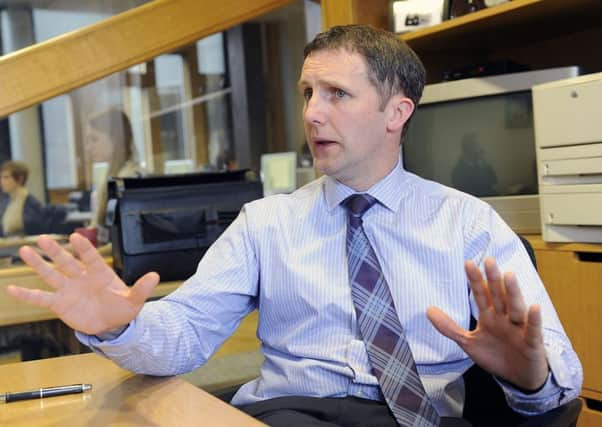GPS tracking could be used to monitor sex offenders


Over 100 experts in the use of electronic monitoring are meeting in Perth to look at how Scotland can make use of advances in technology, including GPS, and the latest international evidence as part of an improved approach to monitoring offenders across the country.
The conference has been organised as part of work being undertaken by a specially appointed Electronic Monitoring in Scotland Working Group which is exploring opportunities around the future use of electronic monitoring and is due to report to Scottish Ministers next year.
Advertisement
Hide AdAdvertisement
Hide AdThe report from the SCCJR found evidence that benefits can be gained from Scotland adopting GPS technology in electronic monitoring, in addition to the current radio frequency method.
The research explored the potential uses of GPS monitoring for a number of offence types, such as domestic abuse; alcohol and sexual crimes; drug-related crimes and vehicle theft.
Justice secretary Mr Matheson said: “I welcome these findings which is an important step forward in shaping the future of electronic monitoring in Scotland.
“For more than ten years we have successfully used radio frequency technology in electronic monitoring and our current approach is working. However, I am keen to explore how we could make use of the latest in emerging technologies, such as GPS.
“On the face of it, GPS technology appears to offer potential opportunities for the management of sex offenders or to be used in cases of domestic abuse. Some concerns have been raised in the past about the effectiveness of the technology so the expert group is currently undertaking a wide ranging review and testing of the technology. This latest research and today’s conference is another step forward in the evidence gathering of the group and I look forward to receiving their recommendations early next year.”